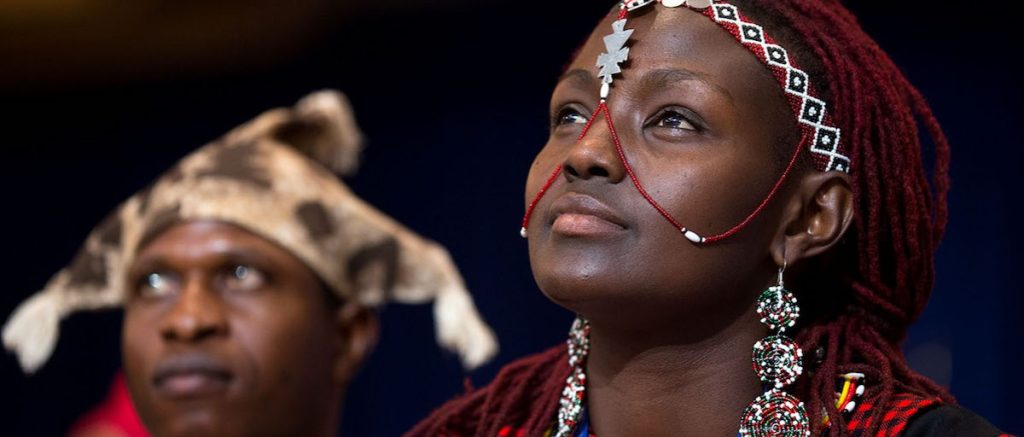Youth, Conflict, and Peacebuilding: Why Africa’s Future Depends on Its Young People
By Divine Adongo | Voices of Africa

Africa is the youngest continent in the world. With over 70% of its population under the age of 30, the youth are not just the future — they are the present. Yet, when it comes to issues of peace and security, they are often sidelined, ignored, or viewed with suspicion. In national security strategies and high-level peace processes, young people are more likely to be discussed as potential threats than embraced as partners in peace. This contradiction between Africa’s demographic reality and its political behaviour is one of the greatest obstacles to building lasting peace on the continent.
Throughout African history, young people have been at the forefront of liberation and transformation. It was students, artists, and young revolutionaries who marched for independence, resisted dictatorships, and imagined a continent free from colonial domination. But today, in many countries, that spirit is being stifled. Young people face staggering levels of unemployment, political exclusion, and systemic neglect. Frustration simmers when promises are broken, when elections are rigged, and when progress is reserved for the few. In such conditions, violence becomes not just a possibility, but a pathway — not because youth love war, but because peace has failed to offer them dignity.
It is dangerous and dishonest to reduce Africa’s youth to mere victims or perpetrators of conflict. In reality, they are peacebuilders in motion. Across the continent, young Africans are mediating community disputes, leading trauma-healing workshops, organizing voter education drives, and launching online campaigns against hate speech and extremism. In places like South Sudan, youth forums have helped bridge ethnic divisions. In Kenya, youth-led tech platforms monitor and report electoral violence. In Cameroon, artists and poets are using their craft to promote dialogue in conflict-affected regions. These initiatives often operate with little funding, limited recognition, and at great personal risk — yet they are often more effective than official processes imposed from above.
The exclusion of youth from formal peace processes is not just unjust — it is counterproductive. When youth are shut out of politics, decision-making, and economic opportunity, a vacuum is created. Extremist groups, criminal networks, and power-hungry elites exploit that vacuum, offering young people a sense of belonging, identity, or even basic survival. The problem is not that young people are inherently violent. The problem is that violent systems offer what peaceful ones deny: attention, income, and influence. To reverse this, African governments and regional bodies must rethink their entire approach to peace and security.
Empowering youth as peacebuilders begins with recognition and resources.
- 1. First, their voices must be present — not as symbolic participants, but as active decision-makers — in peace talks, constitutional reviews, and national dialogues.
- 2. Second, their initiatives must be funded and institutionalized. Investing in peace education, mentorship programmes, and youth-led organisations is not charity; it is long-term security policy.
- 3. Third, we must transform the narrative. Young people are not liabilities to be managed; they are assets to be supported. A system that fails to hear them is a system that will continue to hear gunshots.
This is a Pan-African responsibility. If African unity is to mean anything, it must include a unified approach to engaging and empowering the continent’s youth. It must mean building a new social contract where every young African feels seen, valued, and invested in. The African Union’s Youth, Peace and Security Agenda is a step in the right direction, but it must go beyond resolutions and declarations. It must deliver results — and it must do so with urgency.
Africa stands at a crossroads. One path leads to deepening cycles of conflict, inequality, and lost potential. The other leads to a new era — one where peace is built not only in boardrooms and summits, but in classrooms, start-ups, farms, and digital communities led by youth. The choice is ours. But one thing is certain: Africa cannot silence the guns if it silences its youth.
Young people are ready. Ready to lead, ready to serve, ready to heal. The question is no longer whether they are capable. The question is whether we, as a continent, are willing to make space for their leadership, not tomorrow, but today.



